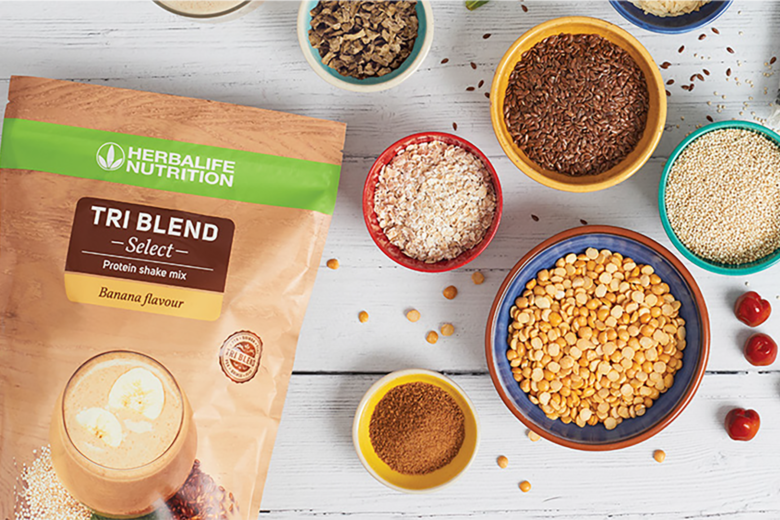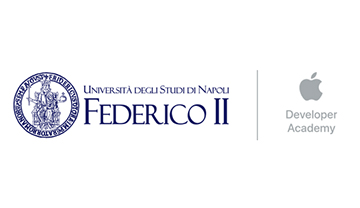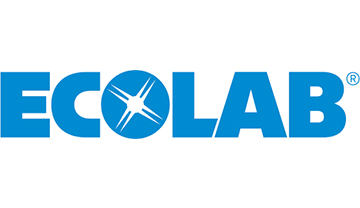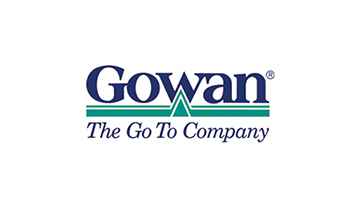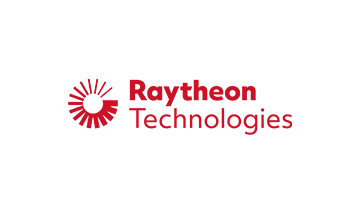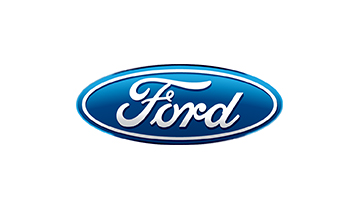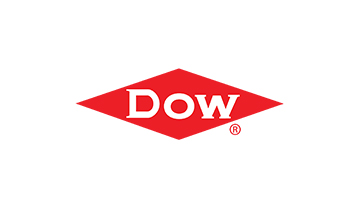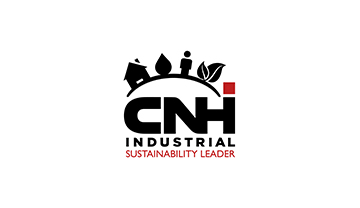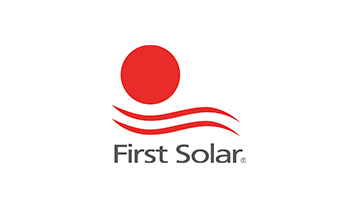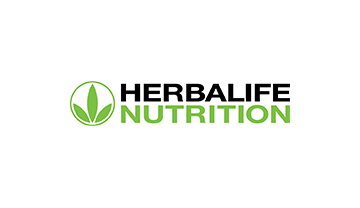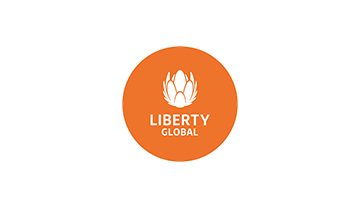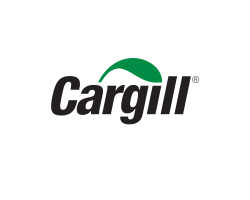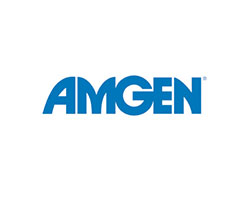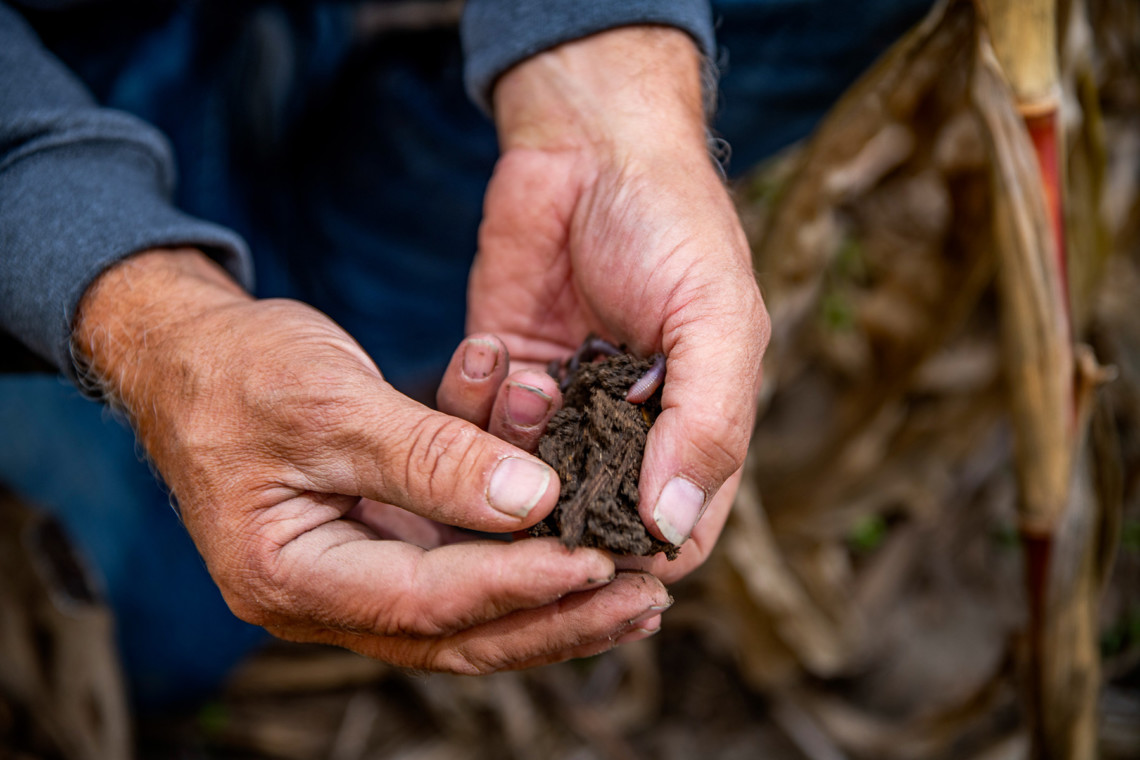
Agriculture is an integral part of the EU’s ambition to become climate neutral by 2050 and at the heart of EU Farm to Fork and Biodiversity strategy. Improving soil health is a simple but effective mechanism to reduce and sequester carbon and other greenhouse gases. Investing in soil health systems is how agriculture can help enhance farmer livelihoods while reducing greenhouse gas emissions, conserving biodiversity, improving water quality and increasing drought resilience.
Cargill plays an important role in unlocking the climate change mitigating potential in farmland and natural ecosystems. In Europe, Cargill is working with Soil Capital on a project to help farmers in Belgium and France adopt regenerative agriculture practices like cover crops and reduced tillage through the use of a carbon farm management system, which helps farmers identify the best management practices to maximise the profitability of their land while minimising their greenhouse gas emissions. Farmers involved in the programme receive carbon certificates corresponding to the results obtained by their implemented practices. Carbon certificates can then be sold to supporting partner companies, such as Cargill.
The programme has signed up many farmers across Belgium and France will the aim of scaling further across Europe. It has the potential to bring benefits for the entire supply chain, by allowing businesses to make progress on their Science Based Targets and sustainable development goals from farm to fork, in line with the EU’s strategy. Brands who link their ingredients to the programme can include a mention on their packaging that their products or ingredients were procured from farms implementing regenerative practices reducing the carbon footprint.
Cargill was one of the first partners and supporters of this project, as it aligns with the company’s global Science Based Target climate commitments to reduce its carbon emissions in its operations and supply chains, while benefitting the long-term profitability and resiliency of farmers. This is just one element of the company’s ambitions to support the EU Farm to Fork and Biodiversity strategies, alongside Cargill’s commitments around cocoa, palm oil, and soy, which are increasing transparency and helping transform agricultural supply chains, contributing to Cargill’s commitment of 100% deforestation- and conversion-free supply chains by 2030.
About Cargill
Cargill’s team of 155,000 professionals in 70 countries draws together the worlds of food, agriculture, nutrition and risk management. For more than 155 years, Cargill has helped farmers grow more, connecting them to broader markets. Cargill is continuously developing products that give consumers just what they are seeking, advancing nutrition, food safety and sustainability. And Cargill helps all of its partners innovate and manage risk, so they can nourish the world again tomorrow.
- Read more on Cargill’s commitments to reduce emissions across its supply chain
- Read more about Cargill’s ‘Beef Up Sustainability’ programme
- Read more about Cargill’s ‘SeaFurther’ programme
- Read more about Cargill’s innovations in plant-based foods
- Visit Sustainability and Corporate Responsibility at Cargill | Cargill for more information
More like this
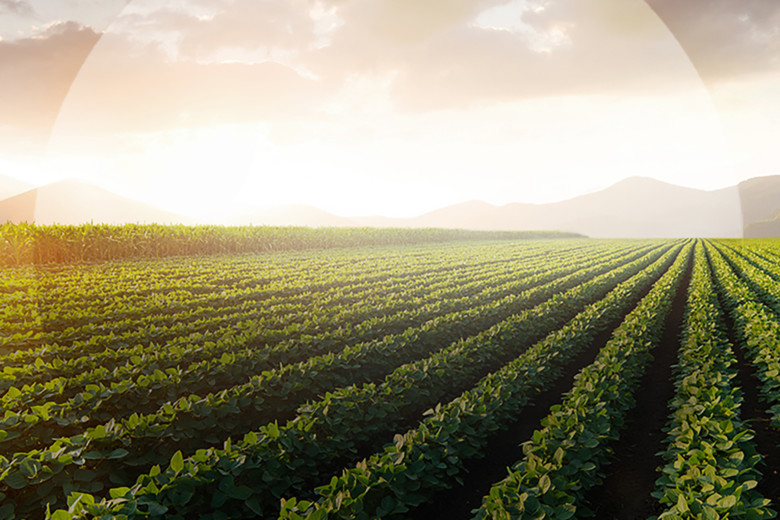
Reducing the amount of plastic in the supply chain and distribution network
Circular Economy, The Green Way

